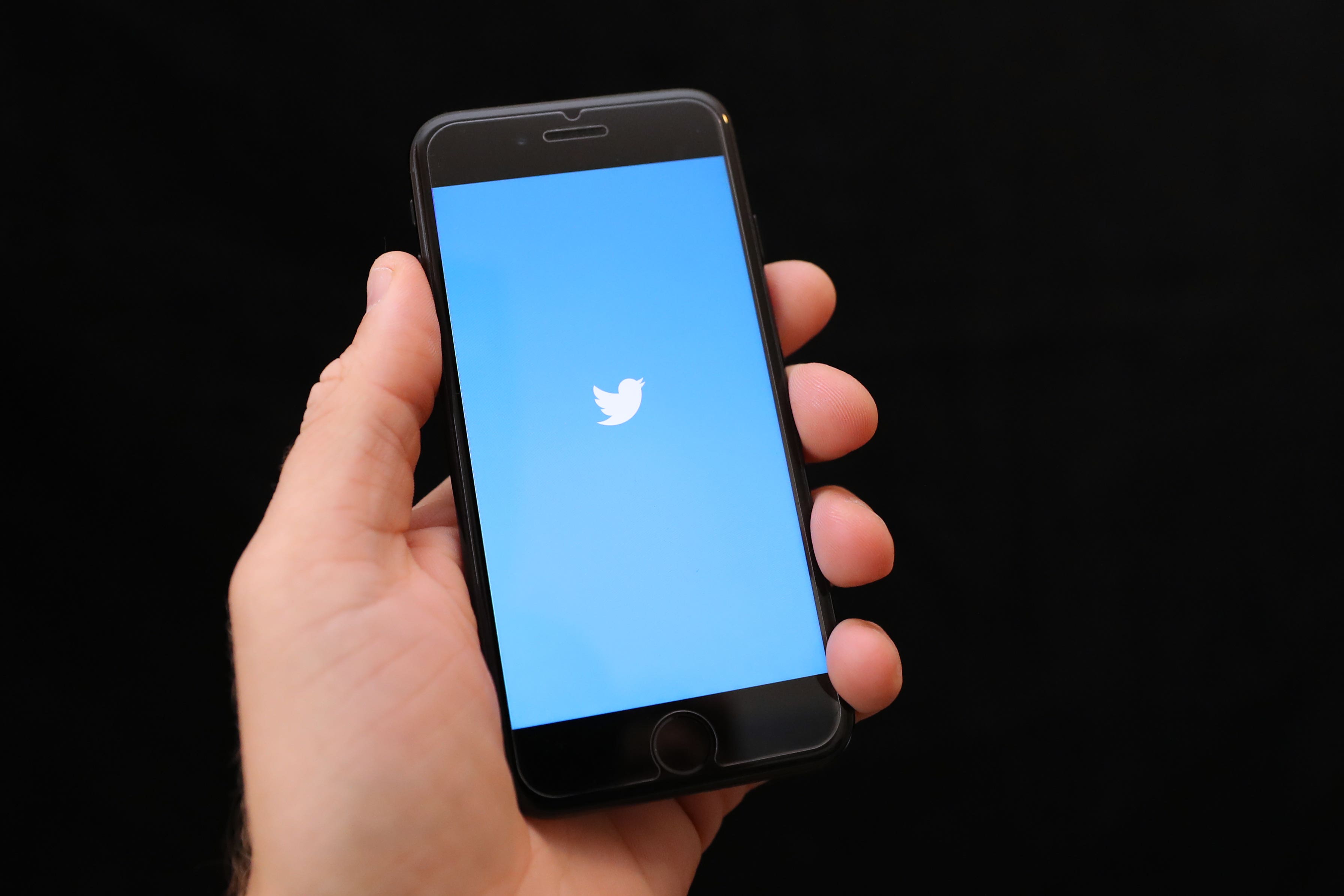Twitter planning to charge users to keep blue tick verification – report
New owner Elon Musk has confirmed the verification process is being “revamped” but has not yet confirmed any details.

Twitter could charge users in order to keep their blue tick verification on the social media platform, it has been reported.
New owner Elon Musk wants to expand the site’s existing Twitter Blue subscription that unlocks additional features into a more expensive service that also verifies users.
According to multiple reports in the US, Twitter plans to raise the price of Twitter Blue from five dollars (£4.30) to 20 dollars a month (£17), with verified users given 90 days to sign up or lose their blue tick.
Twitter has not commented on the plans, but Mr Musk responded to questions from users on the platform about verification by saying that the “whole verification process is being revamped right now”.
The verification system is currently designed to help users identify authentic and influential users on the platform, including government figures, sports stars, entertainment figures, journalists and major brands and organisations.
It requires an account to be complete – meaning they have a name, image and confirmed email address or phone number, must have been active within the last six months, and have a record of adhering to Twitter’s rules.
Twitter Blue is only available in a select few countries around the world – not including the UK – and allows those who subscribe to access additional Twitter functions, including in some areas the ability to edit tweets after sending them.
There had been suggestions Mr Musk would look to subscription options as a way of growing Twitter’s revenue, which is currently heavily dependent on advertising.
After completing his 44 billion dollar (£38 billion) takeover of the platform last week, Mr Musk’s first few days in charge of the company have been eventful.
Amid growing speculation that he would allow banned accounts back onto the platform, he said on Friday that a content moderation council would be created and no “major” content or reinstatement decisions would be made before it had convened.
But in an exchange with another user, Mr Musk hinted at one approach to content moderation, suggesting users could select a film-style age rating to filter content when using the site.
“Being able to select which version of Twitter you want is probably better, much as it would be for a movie maturity rating,” he said.
“The rating of the tweet itself could be self-selected, then modified by user feedback.
The Tesla and SpaceX owner was also widely criticised for tweeting, before later deleting, a link to a conspiracy theory about the attack on Paul Pelosi, the husband of senior Democratic politician Nancy Pelosi.
That incident has sparked further concern about the Mr Musk’s belief in absolute free speech and a possible subsequent loosening of content moderation now he has control of Twitter, which many campaigners have warned will see abuse, harassment and misinformation grow on the site.
Over the weekend, he also denied reports that he planned to dismiss Twitter workers before the start of next month to avoid making certain payouts.
And Mr Musk offered other glimpses of his possible plans for the company, including asking users in a poll on his Twitter page if the company should bring back Vine, the short-form video app which Twitter shut down in 2016 and was an early forerunner to the likes of TikTok – now a major Twitter rival in the social space.
Bookmark popover
Removed from bookmarks